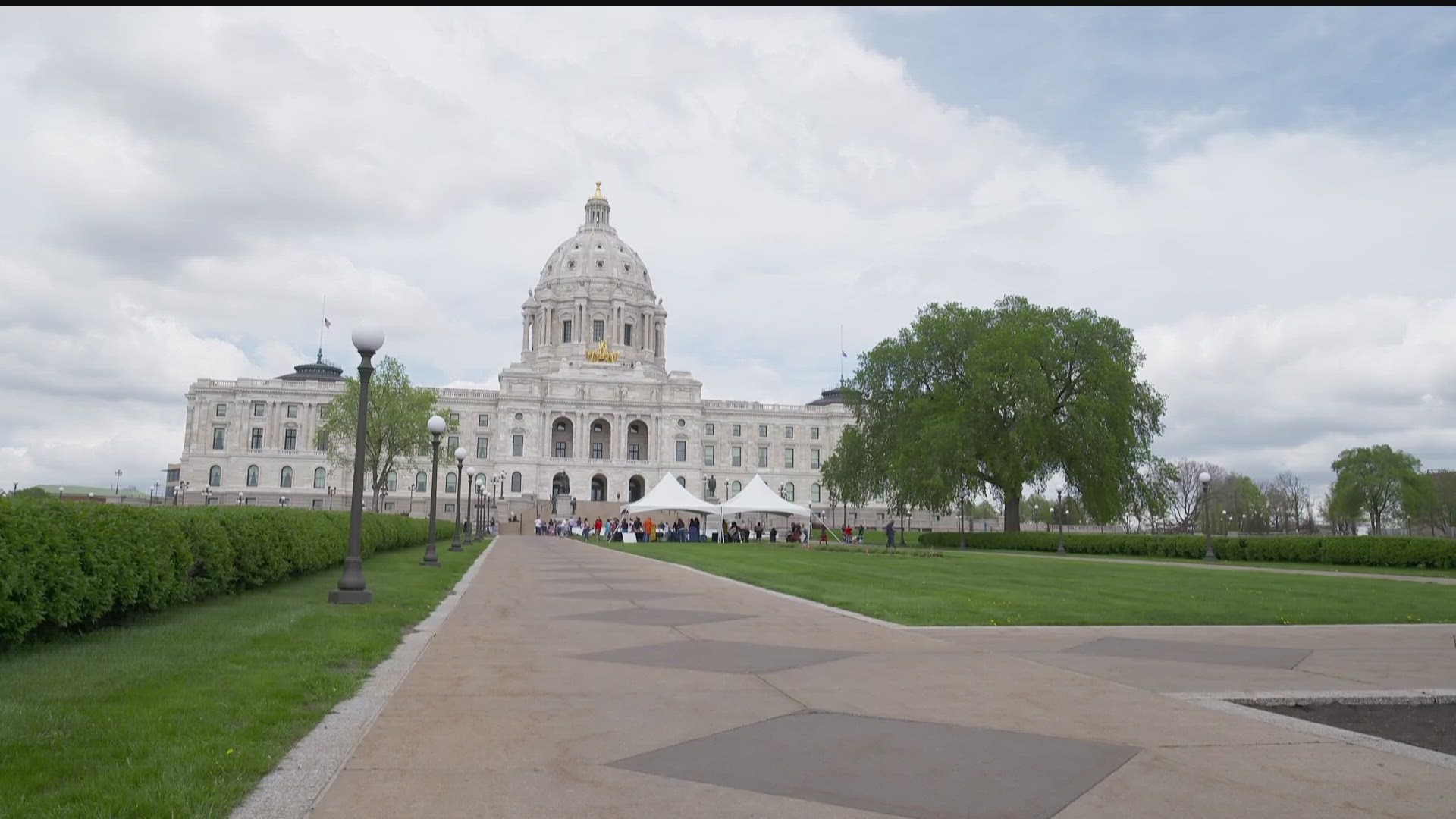SAINT PAUL, Minn — Imprisoned since age 17 for the murders of Katricia Daniels and her 10-year-old son Robert Shepard, Brian Flowers' best hope for release would be parole after 30 years if he is re-sentenced to concurrent terms.
But with the expected passage of the legislature's public safety bill, Flowers and any other juveniles sentenced to life in prison will be eligible for release after 15 years — which Flowers has already served.
A newly formed "supervised release board" will review cases and make those decisions.
The Minnesota County Attorney's Association opposed the change when it was discussed earlier this legislative session.
"The model that we went with was really evidence-based and appropriate," said State Rep. Sandra Feist (DFL-New Brighton).
Feist is excited about the creation of an "Office of Restorative Practices," which she believes will transform the way juvenile offenders are handled using more alternatives to incarceration.
"What we really need to be doing is investing early in prevention, intervention — when kids do get involved finding ways to support them instead of punish them. Ensure they have meaningful accountability for their actions and can learn and grow," Feist said.
Republican Rep. Walter Hudson is skeptical that the money given out as grants through the Office of Restorative Practices — $13 million over four years — will make a difference.
"Well, what are they going to be doing with that money? How is it going to make our community safer?" Hudson asked. "Once they start taking these actions and implementing them, we're going to be able to tell very quickly whether or not it's working. It will turn out in the outcomes."
Hennepin County Attorney Mary Moriarty and Ramsey County Attorney John Choi also provided statements in reaction to the bill.
Moriarty:
"A key reason I sought this office was because I recognized the old way of doing things in the juvenile system was not working and we had to find a better way to improve safety in our communities. That's why we strongly advocated for many of the provisions in this bill throughout the legislative session. This bill is all about addressing the juvenile justice crisis in Minnesota head-on and sending the message that we will rely on proven strategies for preventing crime and intervening before it's too late."
Choi:
“We are very grateful to legislative leaders on both sides of the aisle for recognizing the need to invest in intensive therapeutic treatment homes for young people with significant unmet mental health needs who are cycling through the legal system.
"The funding Ramsey County will receive to create these homes and related resources to support young people and families in crisis will help fill the gaps that currently exist – which inhibit us from delivering the help that families are asking for – and truly address the underlying causes of justice involvement, so youth get their needs met and do not cause further harm in our community.
“We also appreciate Rep. Feist’s leadership in creating a statewide Restorative Practices Office and dedicating real resources to communities across our state to help embed and expand restorative responses to better repair harm, promote healing, and improve outcomes for victims. We are hopeful these grants will enable us accelerate the work we began implementing in July of 2021, together with our community, to (re)imagine justice for youth."
Watch more Minnesota politics:
Watch the latest political coverage from the Land of 10,000 Lakes in our YouTube playlist:

